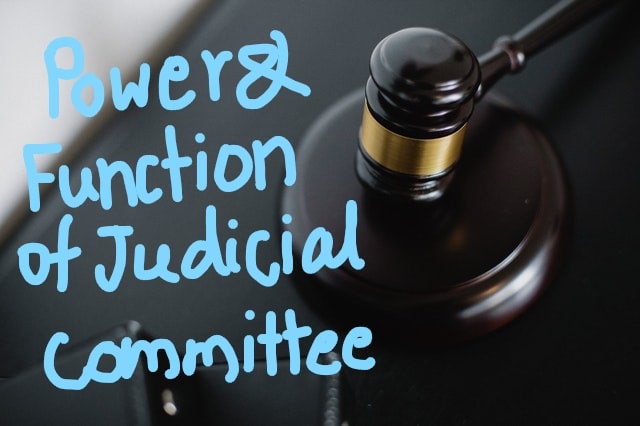The Supreme Court of Nepal declared void from the beginning of Prime Minister KP Sharma Oli’s decision to dissolve the House of Representatives on Tuesday.
With SC’s this decision, the House of Representatives of Nepal has been reinstated as it was.
The Constitutional bench said that since the dissolution of the House of Representatives was unconstitutional, it is capable to perform its proceeding and duties.
The Supreme Court further ordered to the respondents’ office of the President, Prime Minister of Nepal K.P. Sharma Oli, the office of the prime minister and council of ministers and speaker of the house of representative Agni Prasad Sapkota for calling a meeting of the House of representative within 13 days from the ordered date.
President Bidhyadevi Bhandari has dissolved the House of Representatives on the recommendation of the prime minister on December 20, 2020.
The Constitutional Bench of Supreme Court led by Chief Justice Cholendra Shumsher Rana declared void the Oli’s decision, direction, and all document and action related to this decision including the recommendation for dissolution of the house of representative.
The Apex court observed that Nepal’s parliamentary system was developed on its own past practice and experiences. It further elaborated that, the constitutional provisions relating to the House of Representative and National Assembly election, provision for inclusive cabinet, the limited number of Cabinet members, the bar on moving a no-trust motion within the first two years, and parliamentary hearing are the unique provision of Nepal’s parliamentary system.
The constitutional bench comprising five members including the chief justice, by justice Bishwambher Prasad Shrestha, Anil Kumar Sinha, Sapana Pradhan Malla, and Tej Bahadur K.C.
The thirteen writ petition was filed against the decision of dissolution of House of Representative in the Supreme Court.
Petitioner demanded to be void the decision of house dissolution and reinstated the house of representative saying that the government decision is unconstitutional in prima-facie.
Lawyers, law students, and former members were sought for the reestablishment of the house of representatives.
The Constitutional Bench of Apex court observed that cited Articles 85, 76(1), 76(7) of the constitution by KP Oli’s written statement, can not provide sufficient grounds to dissolve the House of Representatives.
In reference to the previous constitutional practices, Bench also explained that the drafters of this constitution have not imagined, the leader of a party having a majority in Parliament of Nepal could dissolve the House.
Article 76(7) of the constitution is only attractive when Parliament unable to form a government.
The bench also denial the arguments that there is no single provision in the constitution saying that the prime minister cannot be exercised, thus article 85 allows the prime minister to dissolve the House of Representatives.
Article 85 (1) stated that unless dissolved earlier pursuant to this Constitution, the term of the House of Representatives shall be five years.
The political parties, civil society, former judges, general citizens, media, lawyers, and the international community also heartily welcomed the decision of the Supreme Court.
Read the full text of the court verdict
 Nepali Law A complete legal information portal
Nepali Law A complete legal information portal
